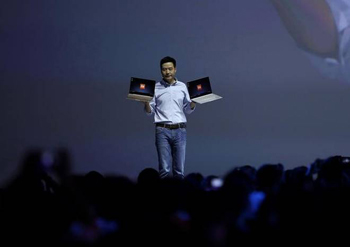Beijing, Jan 4: Chinese smartphone vendors last year captured about 40 per cent share in India, the second largest smartphone market in the world, the official media here reported.
 Among all, Lenovo saw its shipment volume rise to the second only after Samsung in the third quarter last year, state-run China Daily quoted global research firm International Data Corporation (IDC) survey as saying.
Among all, Lenovo saw its shipment volume rise to the second only after Samsung in the third quarter last year, state-run China Daily quoted global research firm International Data Corporation (IDC) survey as saying.
Xiaomi took the third spot with a market share of 10.7 per cent, whereas Chinese vendors collectively took up 40 per cent, according to the survey conducted across 30 major Indian cities.
The forays by Chinese phone makers come as India"s domestic brands saw a decline in market share.
Micromax sees 16.7% fall
Micromax reported a 16.7 per cent month-over-month sales drop in October, the survey said.
Analysts noted that as smartphone giants look at India which has a population of 1.34 billion, to be the “new China” and the competition will be intense, the report has said.
Despite growth, price war remains fierce in what is becoming the world"s second-largest smartphone market where the price of a mobile averages only $100, the survey said.
“Lenovo has retained its duo-brand strategy in India,” Rahul Agarwal, the company"s managing director, told state-run Beijing News, adding that Motorola was focused on high-end market, taking up a third of its sales, whereas Lenovo phones targeting lower end account for two thirds.
Desis are more price-sensitive
Indian customers are even more price-sensitive than Chinese users, Ni Fei, co-founder and chief executive officer of Nubia Technology, said.
Besides price war, patent rights and tariff could also hinder further growth in India, analysts said, citing patent disputes faced by Chinese smartphone makers OPPO, VIVO and Xiaomi in recent years.
OPPO is planning to invest 1.5 billion yuan (USD 215 million) to build an industrial park in India to bring down manufacturing cost, according to media reports earlier last month. The company already has a factory in Greater Noida.





Comments
Add new comment